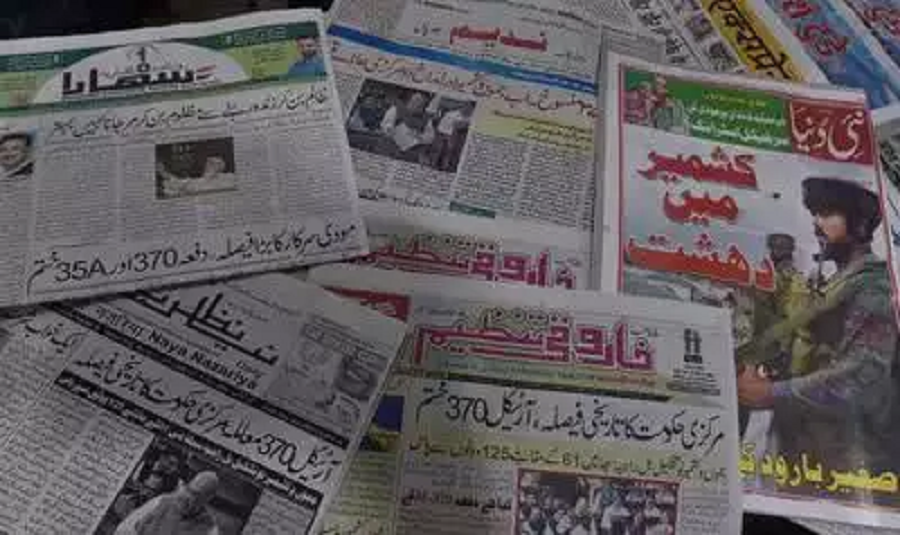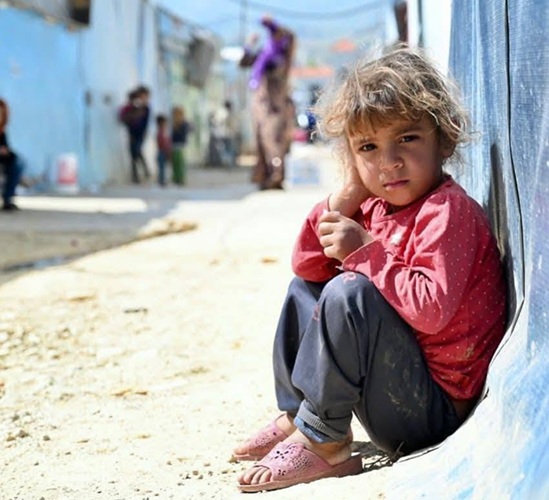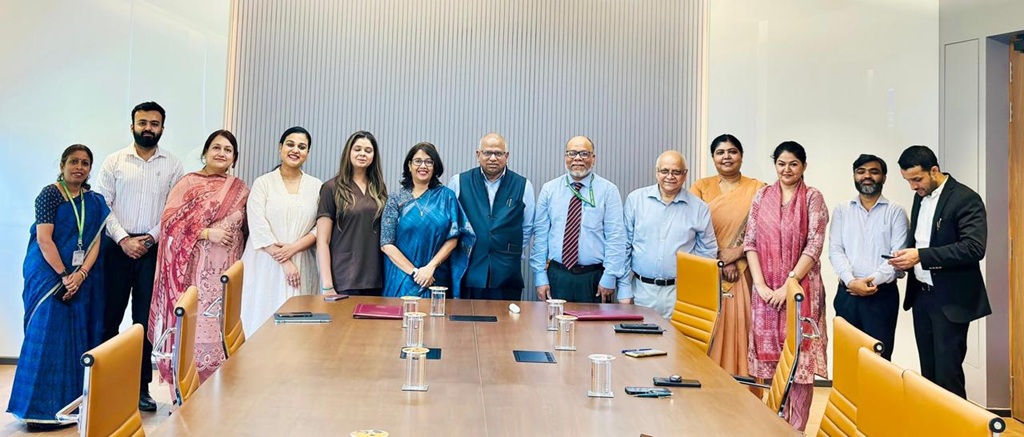“While all the facilities that were available to the Urdu newspapers earlier are denied today, the biggest setback to them is the denial of advertisement revenue,” said Masoom Muradabadi, Editor, Daily Urdu Jadeed Khabar.
Waquar Hasan
NEW DELHI – On its 200th anniversary on 27 March, journalists associated with Urdu media commemorated Urdu journalism’s contribution to the nation in particular. They lamented that the language, which played a crucial role in India’s freedom struggle, has not got its due in the independent India as it has become a victim of religious prejudices and government’s negligence.
Speaking to Clarion India, Masoom Muradabadi, Editor, Daily Urdu Jadeed Khabar, said that a large number of Urdu newspapers have been shut down over the years for want of resources as the government deprived them of advertisement, a major source of revenue.
“Urdu newspapers are paying for speaking up. This is the reason why the current establishment has sidelined Urdu journalism. They have stopped issuing advertisements to Urdu newspapers. While all the facilities that were available to them earlier are denied, the biggest setback to them is the denial of advertisement revenue,” said Muradabadi, who is also secretary of All-India Urdu Editors’ Conference.
He further said that in the last six years, around one thousand Urdu newspapers have been closed due to lack of advertisement revenue. Before 2016, the papers were regularly getting advertisements from the government. But in 2016, Directorate of Advertising & Visual Publicity (DAVP), the nodal agency to undertake multi-media advertising and publicity for the government, introduced strict policies with regard to giving the government advertisements. It has had the most adverse impact on the Urdu newspapers.
The agency enforced the stringent policies that are applicable to both big and also small newspapers. While the bigger newspapers could be able to tide over the adverse situation, Urdu newspapers, which generally happen to be small, could not survive the odds. Hence, the Urdu media suffered the most.
Moradabadi conceded that there are Urdu newspapers which are still getting government ads, but added that their number is very small.
Not just Urdu journalism, but the language itself has become a victim of religious prejudices and shortsightedness after the partition of the country. “Urdu has been falsely accused of playing a role in dividing the country. This led to the justification for the discrimination against the language,” he said.
Regretting that the language is unduly being associated with Muslim community, Mooradabadi pointed out that as a matter of fact, Urdu belongs to all Indians. People from all communities, Hindus, Sikhs and Muslims, have played their roles in the growth of the language.
It was Pandit Harihar Dat who had taken out the first Urdu newspaper ‘Jam Jahannuma’ from Kolkata on 27 March 1822. It was later closed down. Then in 1937, Maulvi Mohammed Baqar launched another Urdu newspaper, ‘Delhi Urdu Akhbar’, from the National Capital. Baqar was the father of prominent Urdu poet Maulana Hussain Azad. He was killed in 1857 by the British regime for writing against them.
When the British colonialists took over the Delhi, they gave death penalty to two Urdu journalists. One was Baqar, and the other was editor of Urdu newspaper ‘Payam-e-Azadi’, Mirza Bedaqh Bagh.
“The biggest contribution of Urdu journalism is towards the fight for the freedom of the country,” said Mooradabadi.
He feels the Urdu journalism is still fighting for the cause of the nation like it did during the freedom movement. In the present scenario, he said it is standing up to the powers that be even though it doesn’t have the resources needed to sustain it.
Salim Khan, an Urdu columnist, lauded the Urdu newspapers for the service they are rendering to the news besides building a narrative different from that of the mainstream media and thereby raising the voice of the Muslim community.
“There are a lot of news and issues related to Muslims ignored by mainstream media which are highlighted by the Urdu journalism. There is also another important thing that the Urdu journalism is not carried away by the narrative set by the mainstream media,” noted Khan referring to Corona jihad narrative of the mainstream media.
He, however, conceded that the Urdu media is unable to highlight some national issues as much as the mainstream media does.
“I’m happy with Urdu journalism,” concluded Khan, pointing out that the contribution of Urdu journalism at the international level is noteworthy. For this, he cited the example of Pakistan, a neighouring country with a miniscule Urdu speaking population or those whose mother tongue is Urdu.
To commemorate the occasion, a programme was held at India Islamic Cultural Centre in Delhi on Wednesday. Press Club of India, a body of more than 4,200 journalists, also celebrated the 200 years of Urdu journalism on Sunday.
On the occasion, the club organised a seminar attended by prominent personalities from Urdu journalism including journalist cum politician Shahid Siddiqi, Qurban Ali, and Shams Tabrez Qasmi. The speakers discussed the “Role of Urdu Media in Making of India”.
On the occasion, a he portrait of Moulvi Mohammad Bakar, probably the first Indian journalist, who laid down his life during the call of duty, was unveiled.






0 Comments